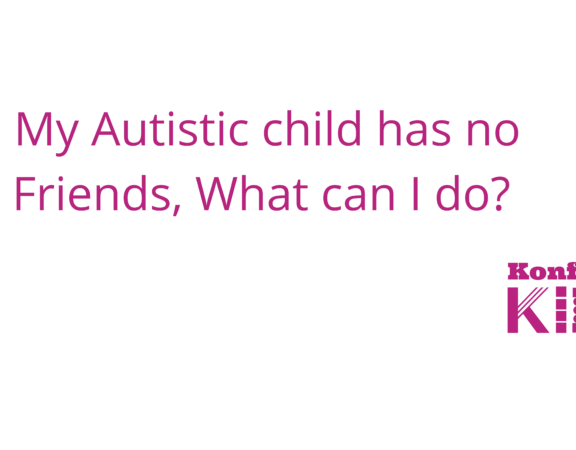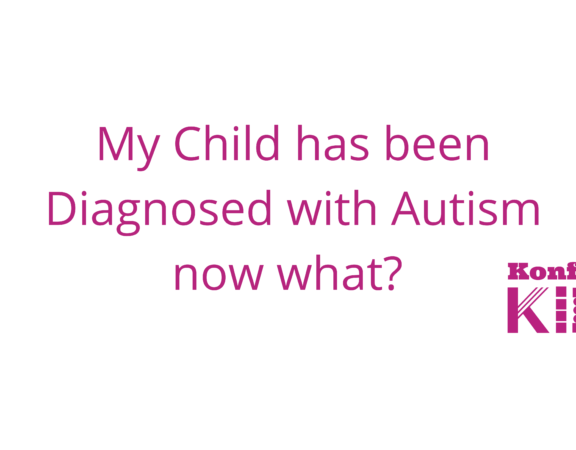‘Teaching an Autistic child is just the same as teaching any child social skills. We all need social skills to make friends, form relationships and get interviews and jobs later in life.’
Let’s break down what’s problematic with this statement – 15 things that are wrong here:
1. When we teach Autistic children ‘social skills’ we are not valuing their own culture and way of communicating
2. We don’t subject ‘all children’ to intensive therapies, or any therapies just to teach them social skills
3. When Autistic children are taught social skills they are being taught social skills of the neuromajority- not just universal social skills that everyone has because social skills differ widely across various cultures- they are taught to mimic and act in ways which are not representative of their natural way of communicating
4. Autistic children have social skills. Autistic social skills just look a little different to those of the neuromajority so they actually don’t need to be taught them at all- it’s just that other people don’t understand, appreciate or respect Autistic communication
5. Friendships and relationships form across different cultures all of the time, because people on both sides of those relationships make an effort to understand each other. One does not expect the other to denounce their culture and pretend they are from a different culture (not in healthy relationships anyway)
6. There’s an assumption that the social skills of the neuromajority are the standard or only way humans can interact.
7. There’s an assumption that what we refer to as ‘social skills’ are good, useful and do not need to be evaluated (they do)
8. There’s an assumption that Autistic people have no skills which we can share with others- perhaps our way of communicating could be beneficial for others.
9. If an Autistic child is excluded for how they communicate then that is discrimination
10. If Autistic adults are misinterpreted and judged because of their culture in interviews and workplaces then that is discrimination
11. When Autistic kids are taught social skills they are inadvertently taught that their way of communicating and being is wrong
12. When Autistic kids are taught social skills a central part of that teaching is that they must think of how their natural way of being and communicating impacts others- that is discrimination
13. When Autistic kids are taught social skills they are taught to put the needs of others ahead of their own and the comfort of others ahead of their own- that is grooming
14. When we talk about teaching Autistic kids social skills there’s an assumption that they lack these skills- which is based on unfounded, poorly researched theories – this is also discrimination
15. When we talk like this we are talking about an Autistic child as if they are a passive passenger in their own life- here to be moulded and trained by others rather than seeing them as a human being with rights and autonomy




